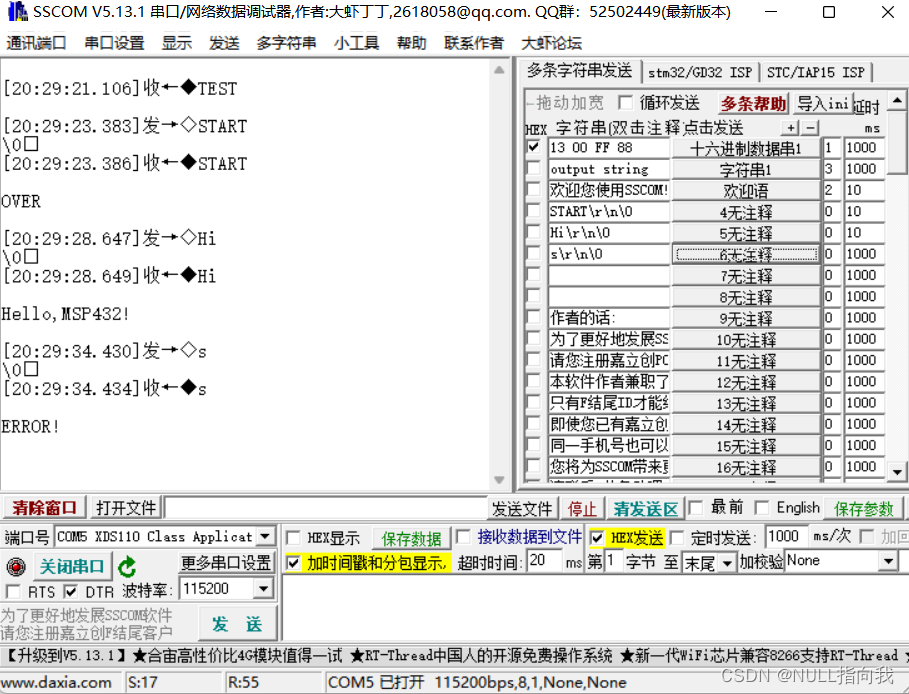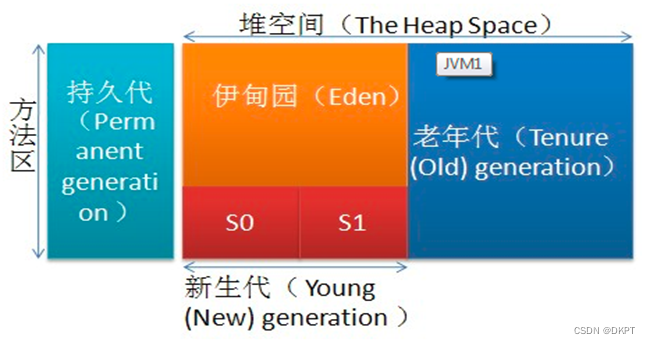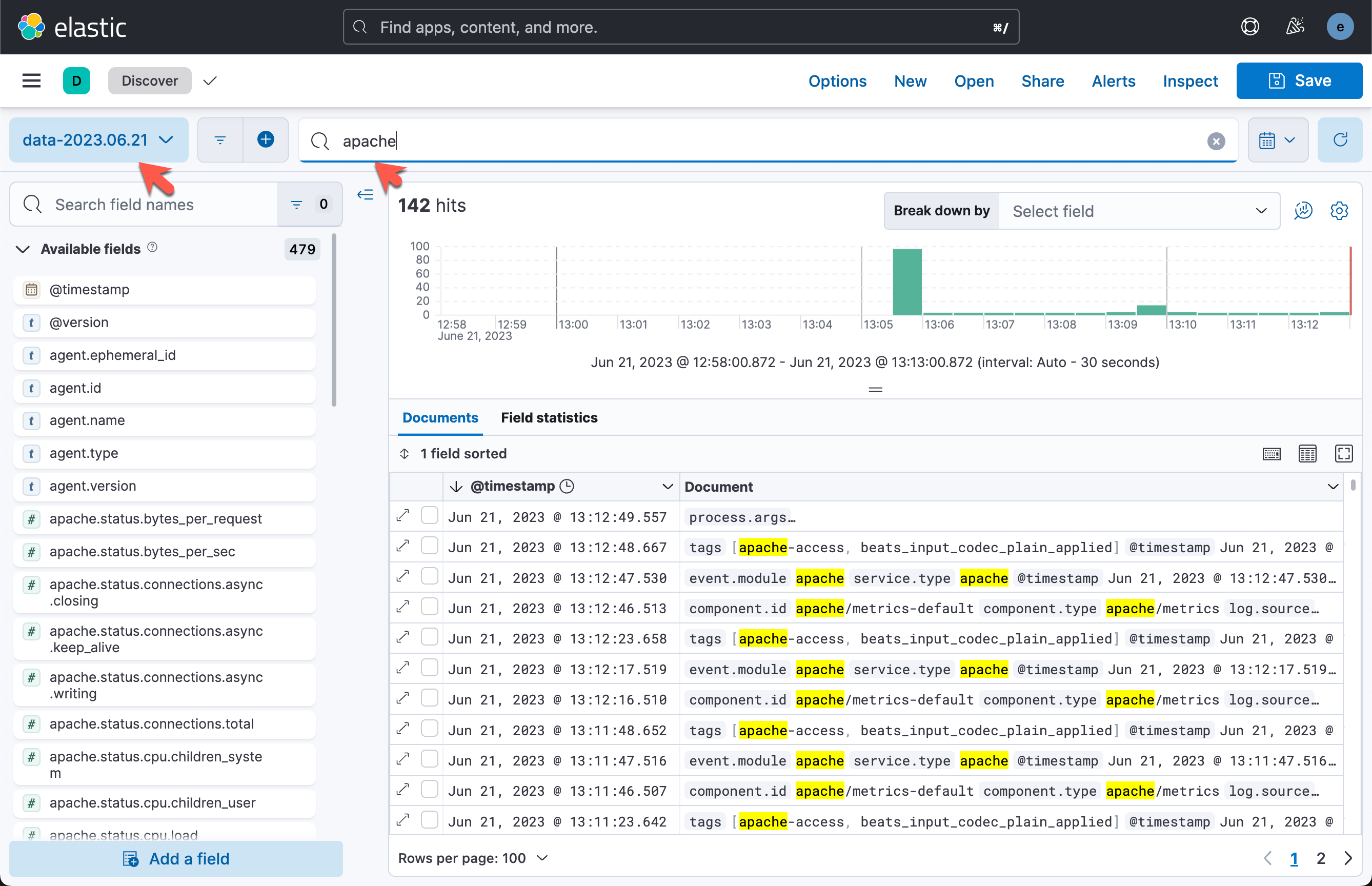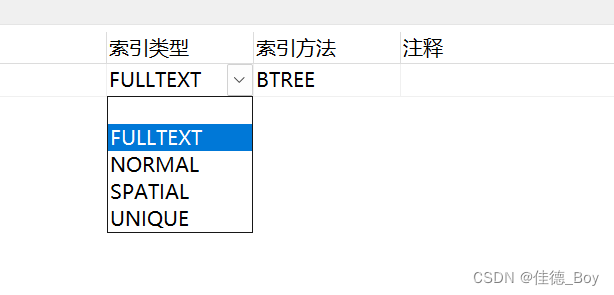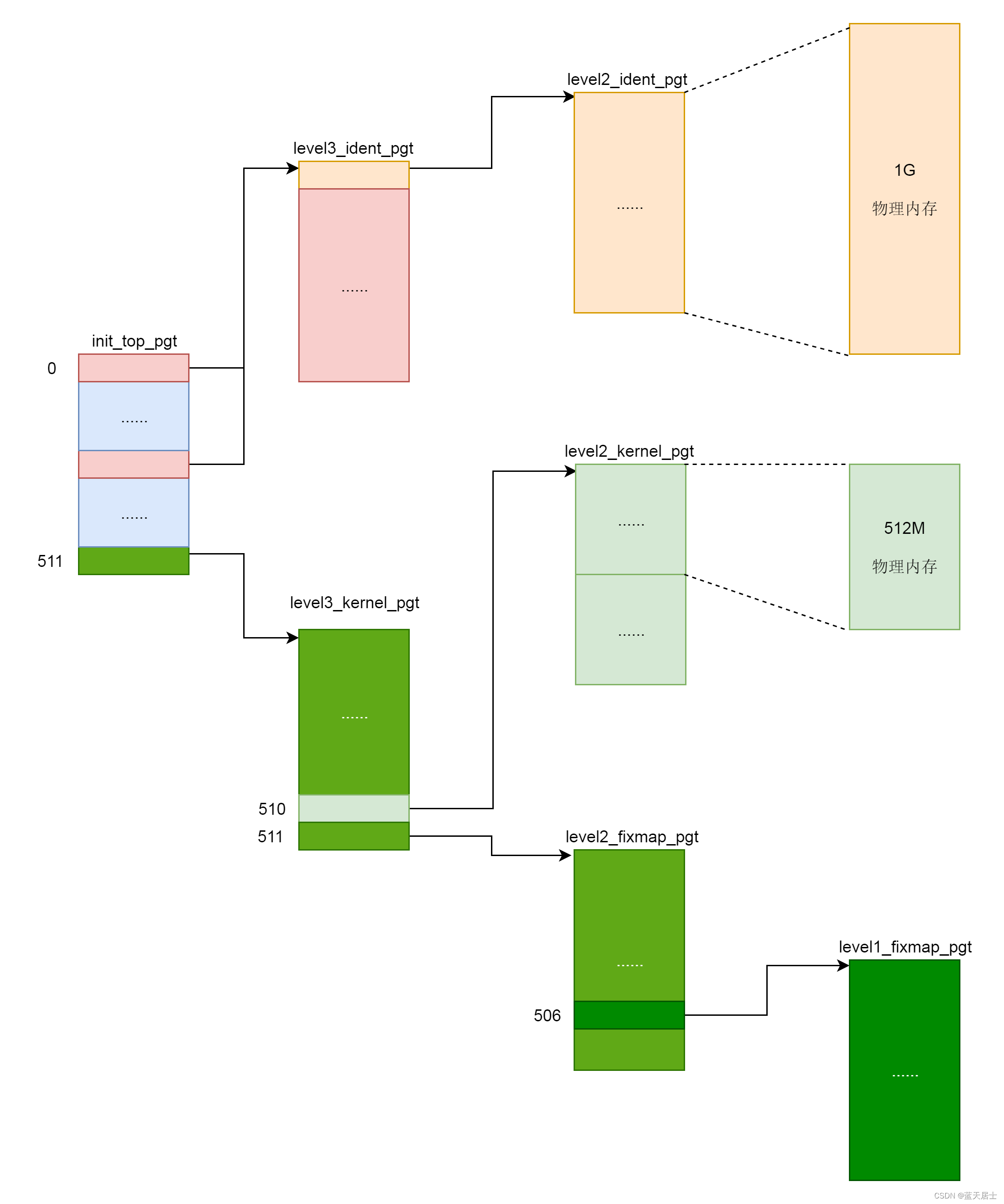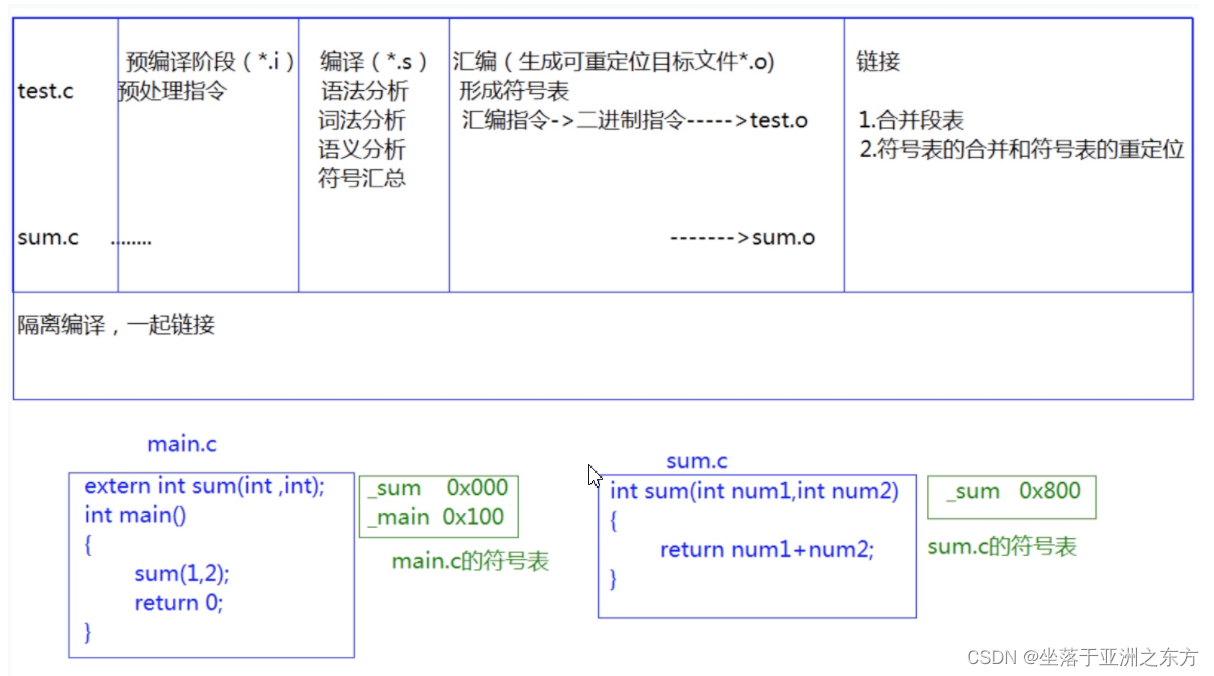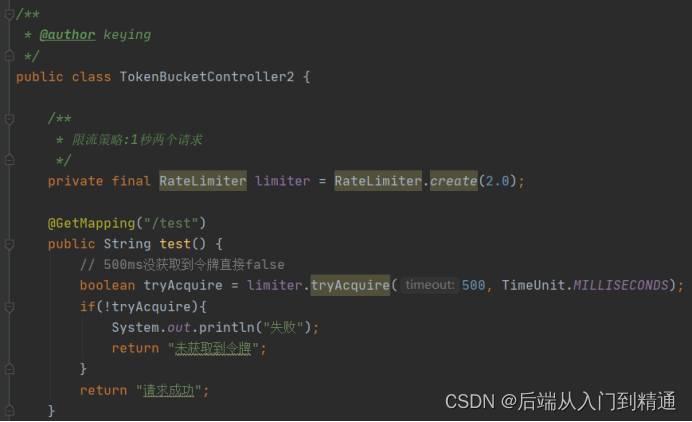1、TypeError: Object type <class ‘str’> cannot be passed to C code
报错如下:
File "C:\Python311\Lib\site-packages\Crypto\Util\_raw_api.py", line 143, in c_uint8_ptr
raise TypeError("Object type %s cannot be passed to C code" % type(data))
TypeError: Object type <class 'str'> cannot be passed to C code
AES.new 方法的参数,需要为 bytes/bytearray/memoryview 类型,报错代码中传递的是字符串类型,将其转为 bytes 类型
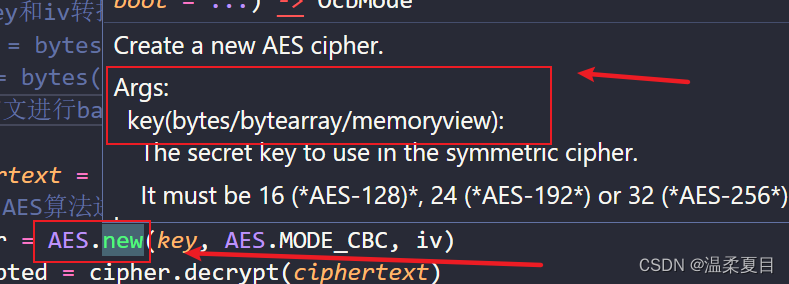
解决办法1:key、iv 参数都进行encode编码,
key = key.encode('utf-8')
iv = iv.encode('utf-8')
解决办法2:使用bytes转换为字节
# 将key和iv转换为字节
key = bytes(key, encoding='utf-8')
iv = bytes(iv, encoding='utf-8')
参考链接:
1、爬虫的Crypto加密出现 TypeError: Object type class ‘str‘ cannot be passed to C code
2: 报错解决:TypeError: Object type class ‘str’ cannot be passed to C code
3: TypeError: Object type <class ‘str‘> cannot be passed to C code
4、Crypto.AES 报错 | TypeError: Object type
2、UnicodeDecodeError: ‘utf-8’ codec can’t decode byte 0xfb in position 2: invalid start byte
报错:
decrypt_res = decrypted.decode('utf-8')
^^^^^^^^^^^^^^^^^^^^^^^^^
UnicodeDecodeError: 'utf-8' codec can't decode byte 0xfb in position 2: invalid start byte
解决思路:error参数值改为ignore
修改字符集参数,一般这种情况出现得较多是在国标码(GBK)和utf8之间选择出现了问题。
出现异常报错是由于设置了decode()方法的第二个参数errors为严格(strict)形式造成的,因为默认就是这个参数,将其更改为ignore等即可。例如:
line.decode(“utf8”,“ignore”)
#正确代码:
decrypt_res = decrypted.decode('utf-8', 'ignore')
参考链接:
1、Python3解决UnicodeDecodeError: ‘utf-8’ codec can’t decode byte…问题最快解决方案
3、AES算法CBC模式加密字符串后再解密出现乱码问题
解决方法:
每次加解密都需要重新生成一个 AES 对象
参考链接:
1、解决AES算法CBC模式加密字符串后再解密出现乱码问题


